The Independent Election Commission said it would announce the results no longer than ten days after election day but failed to do so.
The results were not released for more than two months due to large-scale vote-rigging and premeditated irregularities committed by domestic and foreign officials tasked with holding the election.
According to the Constitution of Afghanistan, two commissions are responsible for electoral affairs, the Independent Election Commission, whose high-ranking members are appointed by the president, and the Electoral Complaints Commission, which has five members, three non-Afghans appointed by the United Nations and two Afghans appointed by the Supreme Court of Afghanistan and
According to the
However, due to the security situation in the country, the election faced insurmountable problems.
The first challenge was the date set for the election. Incumbent President Hamid Karzai postponed the election for four months, using the lame excuse that international bodies had reneged on their commitments to cover the administrative costs of the election.
In addition, Deputy United Nations Special Representative to Afghanistan Peter Galbraith accused UN Special Representative to Afghanistan Kai Eide of manipulating votes. This disclosure eventually led to Galbraith’s dismissal from his post.
The next victim of the election crisis was Molavi Mustafa Barakzai, the representative of
He resigned from the commission on the grounds that the commission had been unduly influenced by foreigners and had not included him in the decision-making process. His departure led to a legitimacy crisis for the commission.
Over 7000 complaints on electoral irregularities were submitted to the Electoral Complaints Commission, but the commission officially declared that only 2500 cases were admissible and only those cases would be examined.
However, the Independent Election Commission was biased in favor of Karzai and declared him the winner with 54.4 percent of the ballots and announced that his main rival, former foreign minister Abdullah Abdullah, received just 28.1 percent of the vote.
The sham of Western democracy did not come to an end here, but it was the beginning of the end.
In other words, the electoral challenges and internal and external reactions began at this point and led to the decision to call a run-off election.
The UN confirmed the sweeping fraud. The Electoral Complaints Commission examined 10 percent of the ballots and invalidated over 1.5 million votes.
As a result, the vote for Karzai dropped below the 50 percent threshold and Abdullah’s tally rose to 31 percent.
Karzai was initially unwilling to acquiesce to the Electoral Complaints Commission decision that a run-off election had to be held, even though the Constitution states that decisions made by the commission are final and irrevocable.
Finally, in order to prevent more embarrassment, the United States and its Western allies decided to send French Foreign Minster Bernard Kouchner and U.S. Senator John Kerry, the chairman of the Senate Foreign Relations Committee, to visit Karzai, and they were able to convince the Afghan president to agree to a run-off election, which has been scheduled to be held on November 16.
Pundits say that White House officials are not satisfied with Karzai’s performance in office, and his obstinacy during the post-election crisis only intensified the Obama administration’s dissatisfaction.
Abdullah Abdullah was a close colleague and the spokesperson of the legendary Ahmad Shah Massoud.
In his lifetime, Ahmad Shah Massoud was very popular in Europe, and thus the Europeans, led by
The main problem is the fact that
If
(Nov. 1
AM/SL/HG
END
MNA


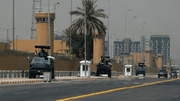
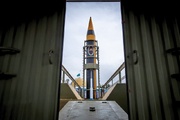
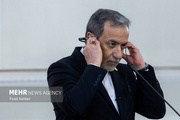
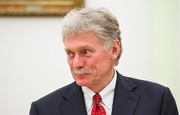
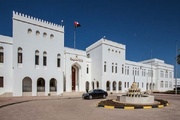
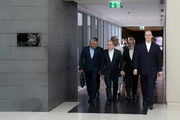
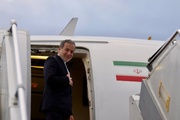
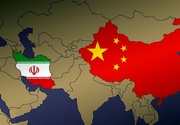
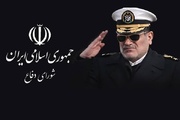
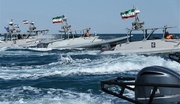











Your Comment